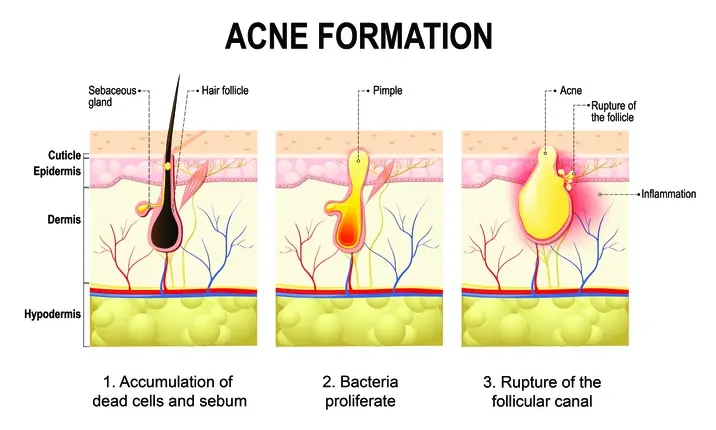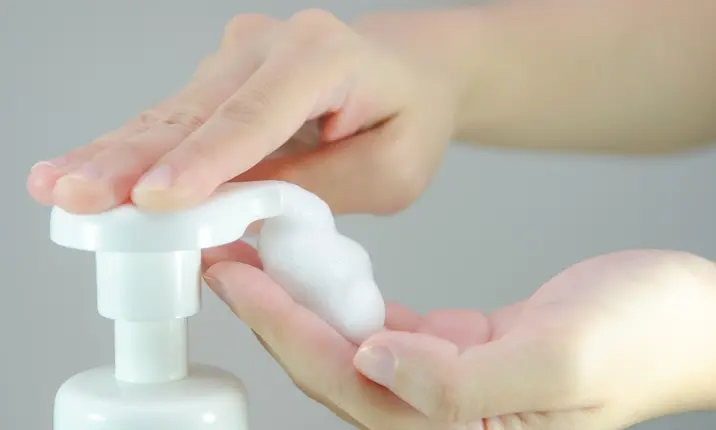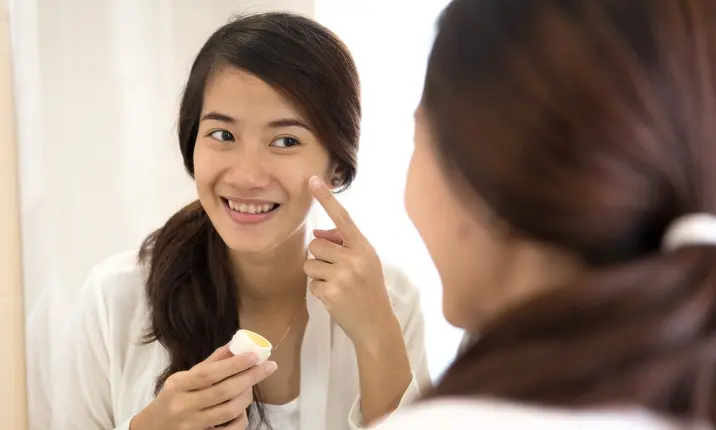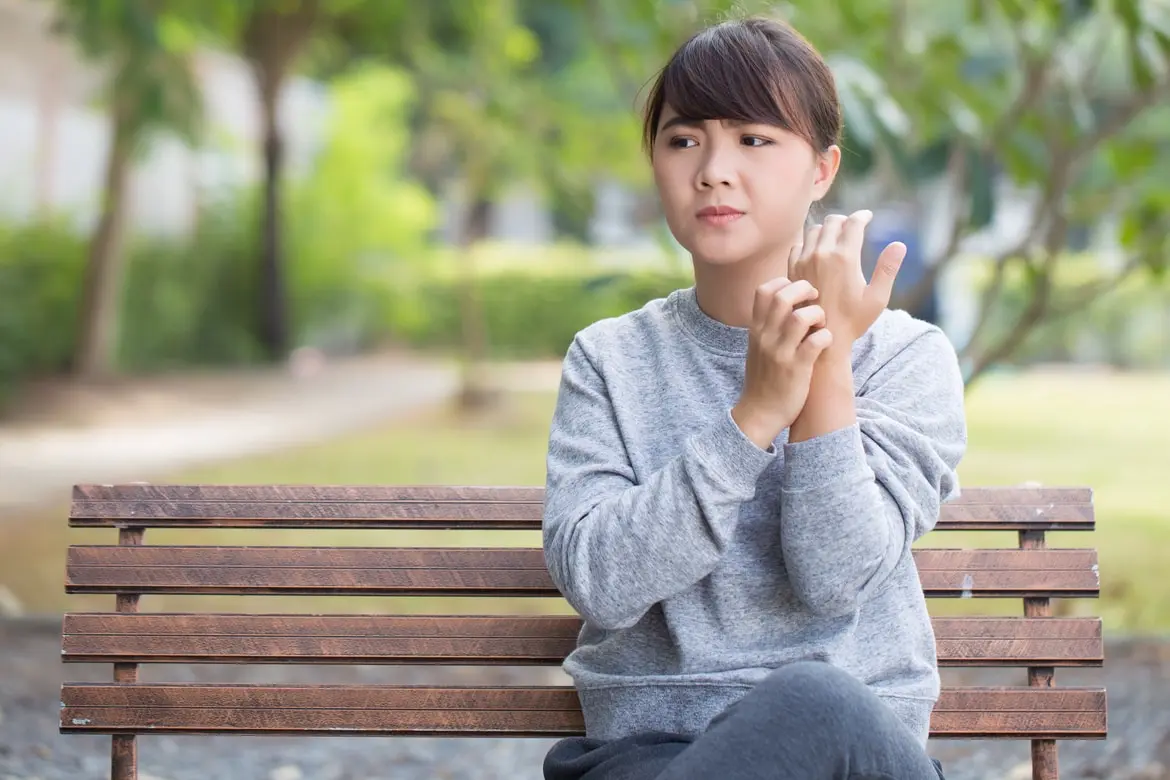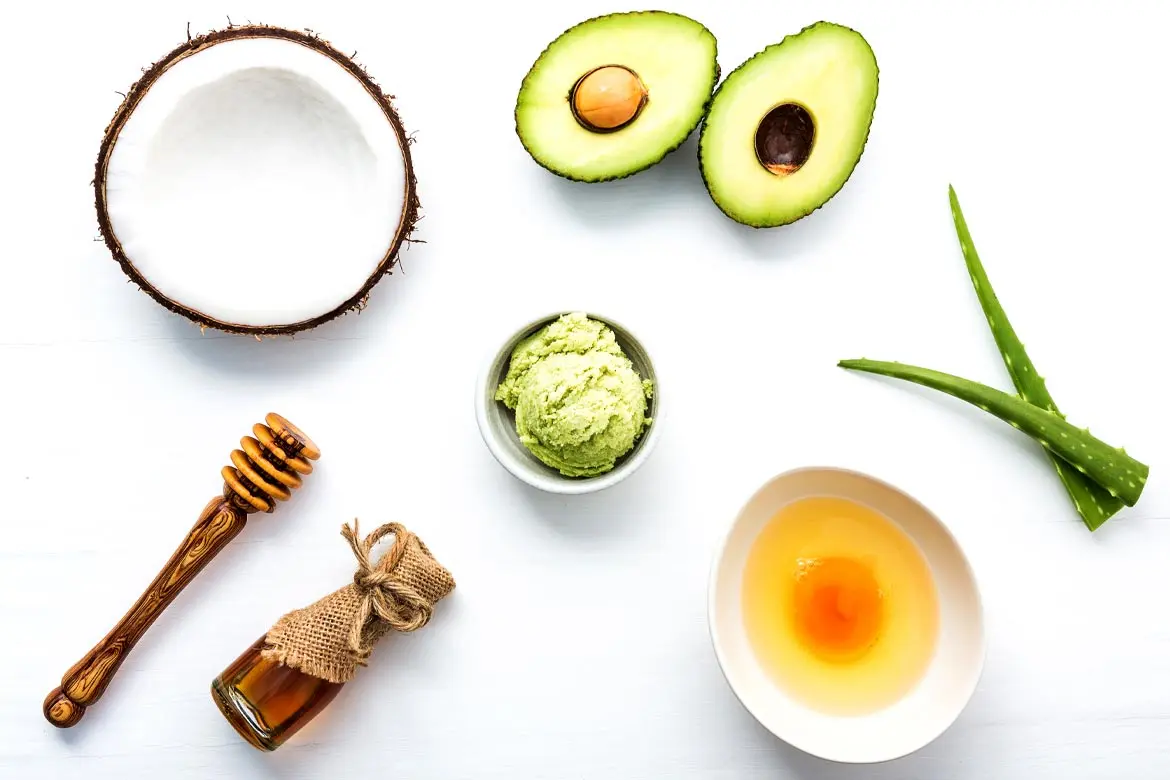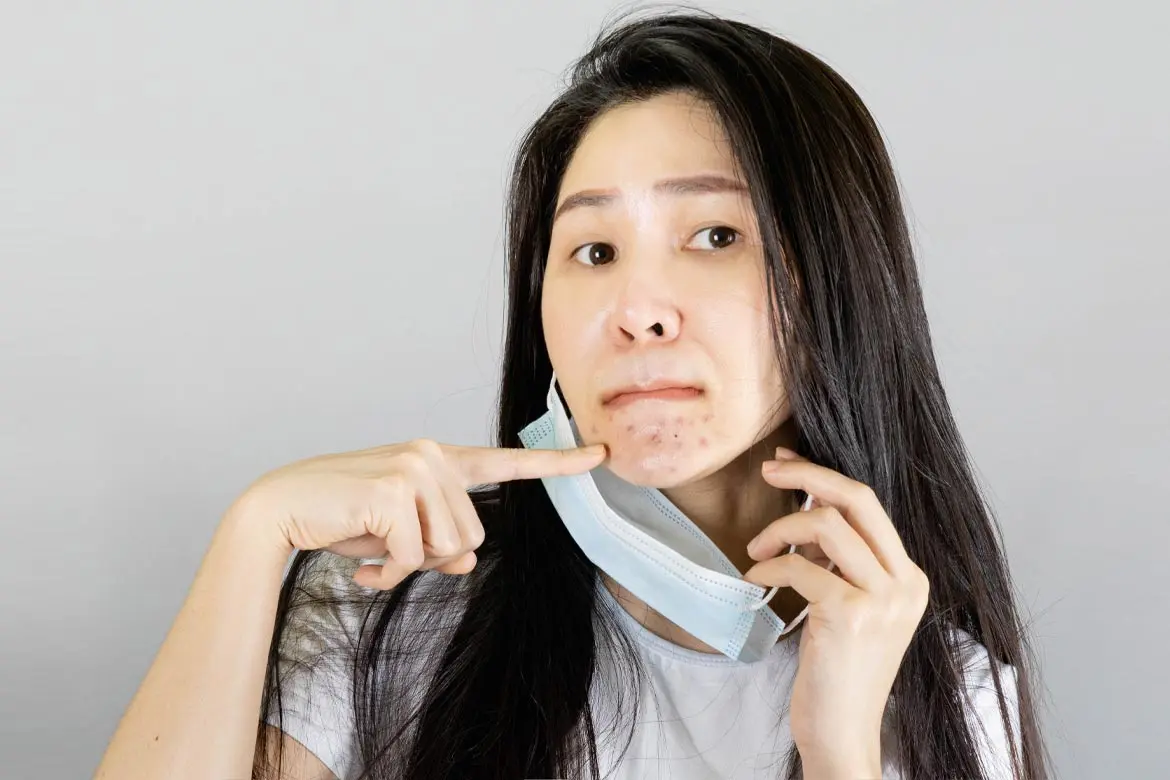-
-
Featured Care Areas


Source: Shutterstock
Acne: Symptoms, Causes & Treatment
Last updated: Wednesday, August 8, 2018 | 4 min reading time
Acne hardly needs an introduction. Most people know of it or have experienced it in some form or another, but not everyone knows how best to manage it. Dr John Su, a family physician at Alexandra Retail Centre Clinic, has the answers.
Why do we get acne in the first place?
Putting aside the angst that the condition can cause, what actually is acne? As they say, the best way to beat your enemy is to know thy enemy first!
Acne often occurs in areas where there are more sebaceous glands (microscopic glands on your skin), like the face, chest and back area. Sometimes, these produce excess sebum (oil), which causes the dead skin cells that were supposed to be expelled from the hair follicle to stick together and block the pore.
If these blocked pores become infected with a bacteria called propionibacterium acnes (P.acnes), sore, inflamed spots may form. If the inflammation goes deeper under the skin's surface, you may also develop infected acne cysts or nodules.
Unfortunately, acne can sometimes result in permanent scarring. This can vary from mild and superficial scars that fade with time, to more severe scars that need laser or chemical treatments to treat.
Want makes acne worse?
There are several factors that may worsen the condition:
Hormones: Hormonal changes that occur during puberty or your menstrual cycle can have an impact on the appearance of acne. They cause your skin's glands to produce more sebum, which worsens the blockage of pores and subsequently makes spots worse.
Stress: Feeling stressed? Your body will produce more cortisol (the 'stress' hormone), which in turn will make your skin more oily. This can also inflame your acne.
Bacterial infection: The bacteria in question is the infamous P. acnes bacteria, often found on the skin of acne sufferers. An infection can block your glands and make your acne worse.
Diet: At the moment, there are no scientific studies effectively linking acne to diet. However, a diet high in sugar and fat content is bad for your skin in general. Try to avoid foods packed with refined sugar or that have a high glycemic index (GI), as well as fried and oily food.
So, we know what acne is - but how do we manage it?
First, it is important to remember the basics of prevention.
"While it is tempting to cover the red, sometimes painful bumps with foundation and concealer, you should always ensure that your skin is kept clean to prevent the dead cells from blocking up the pores," says Dr Su. Using gentle cleansers can also help in not irritating the skin or stripping it of its moisture.
For patients with very bad acne, a face wash that contains salicylic acid may help open blocked pores. However, these should be used sparingly, as they can be very drying if used too often.
Do antibiotics help?
Doctors often use antibiotics to treat acne, as they can help to kill off the P. acnes bacteria as well as reduce inflammation. Most doctors recommend taking them orally, but cream-based antibiotics may also be used for particularly bad or sore acne.
"Just bear in mind that, if you take too many antibiotics, your body may start to build up a resistance to them," says Dr Su. "So, if you just have very mild acne, you may want to start off with just cream-based antibiotics before taking oral tablets."
If in doubt, consult your doctor – they will be able to advise you further on the appropriate treatment for your acne and skin type.
What types of treatment are available?
Benzoyl peroxide cream: This cream can help to kill off the P. acnes bacteria in your skin. However, it can be harsh on sensitive skin types.
Retinoid creams: These help to reduce inflammation as well as sebum production. They tend to be sensitive to light and so are often recommended for night use only.
Oral retinoids: These are very effective in treating severe forms of acne, but they can cause mild side effects and cannot be used during pregnancy.
Birth control pills: Women who struggle with acne caused by hormonal changes, such as women with polycystic ovaries or who experience flare-ups during menstruation, may be recommended birth control pills to regulate their hormones.
Laser treatments: Various laser treatments have been created to help improve the appearance of acne, either by killing off the P. acnes bacteria or by reducing the skin's sebum production. In addition, lasers are often used to help to treat the scars that can be left behind after severe acne outbreaks. These lasers help to resurface the damaged skin and reduce the appearance of scars.
As Dr Su says, "Every acne case is different. I have always told my patients that, as unique as your thumbprint is from another, each person's acne case is always different from another."
For this reason, always seek a consultation with a doctor that you feel understands your condition best. They will be able to help you work out a customised treatment plan that gives you the best chance of recovery with minimal scarring.
